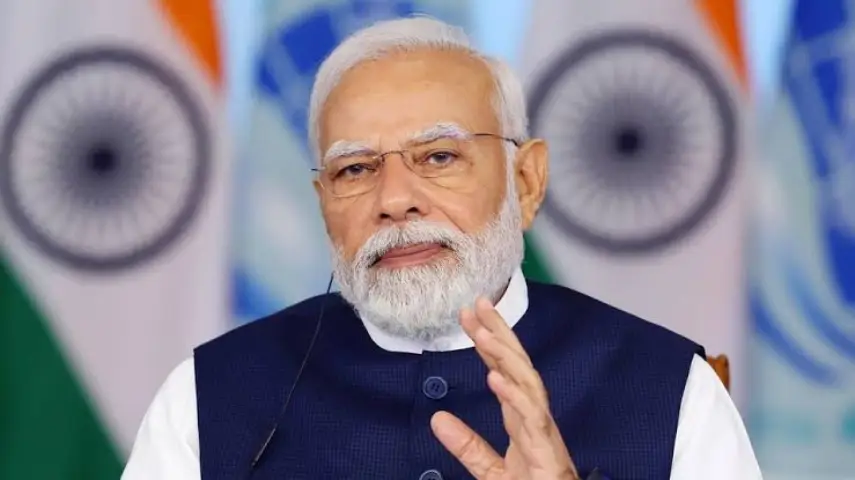India’s food processing industry has come up as a sunrise industry in the country, attracting Rs 50,000 crore of foreign direct investment, Prime Minister Narendra Modi said.
Inaugurating the second edition of the Mega food event — ‘World Food India 2023’ today, at the national capital, Modi said that this has been driven by the government’s pro-industry and pro-farmer policies.
The Prime Minister noted that the government has initiated the production linked incentive scheme to boost the food processing sector. He added that this has helped the industry in focusing more in this critical sector.
“In todays’ rapidly changing geopolitics, one of the main challenges is also food security. Therefore, India’s organisation of the world food event is even more significant,” Modi said.
The mega event underscores India’s role in maintaining global food supplies. A CEOs roundtable will be held during the course of the three day event. This is aimed at attracting further investments into the food sector.
The issue of food management and supplies was widely discussed at the G20 summit as well—something that will bridge the gap between the Global South and the Global North. The disruption in food supplies has led to an increase in prices as well.
The Prime Minister extended seed disbursement assistance to more than one lakh self help groups at the event, which will conclude on November 5. “This support will help SHGs gain better price realisation in the market through improved packaging and quality manufacturing,” the Prime Minister’s Office said in an official statement.
He also inaugurated a ‘food street’ showcasing the regional food culture and the royal heritage. More than 200 chefs from across the country will participate at the food street.
Meanwhile, India is aggressively focusing on millet farming, an exercise that will provide a cushion to India’s agriculture sector especially in case of droughts or floods. Not only these short grains can withstand extreme weather conditions, they are also carbon-neutral crops.
This year is being marked as the International Year of Millets aimed at promoting the consumption of these coarse cereals to boost global food and economic security. In general, more than 97 per cent of millets production and consumption is by developing nations.
Also read: India’s food security not in question as heavy rains fail to dent sowing of Kharif crops




















